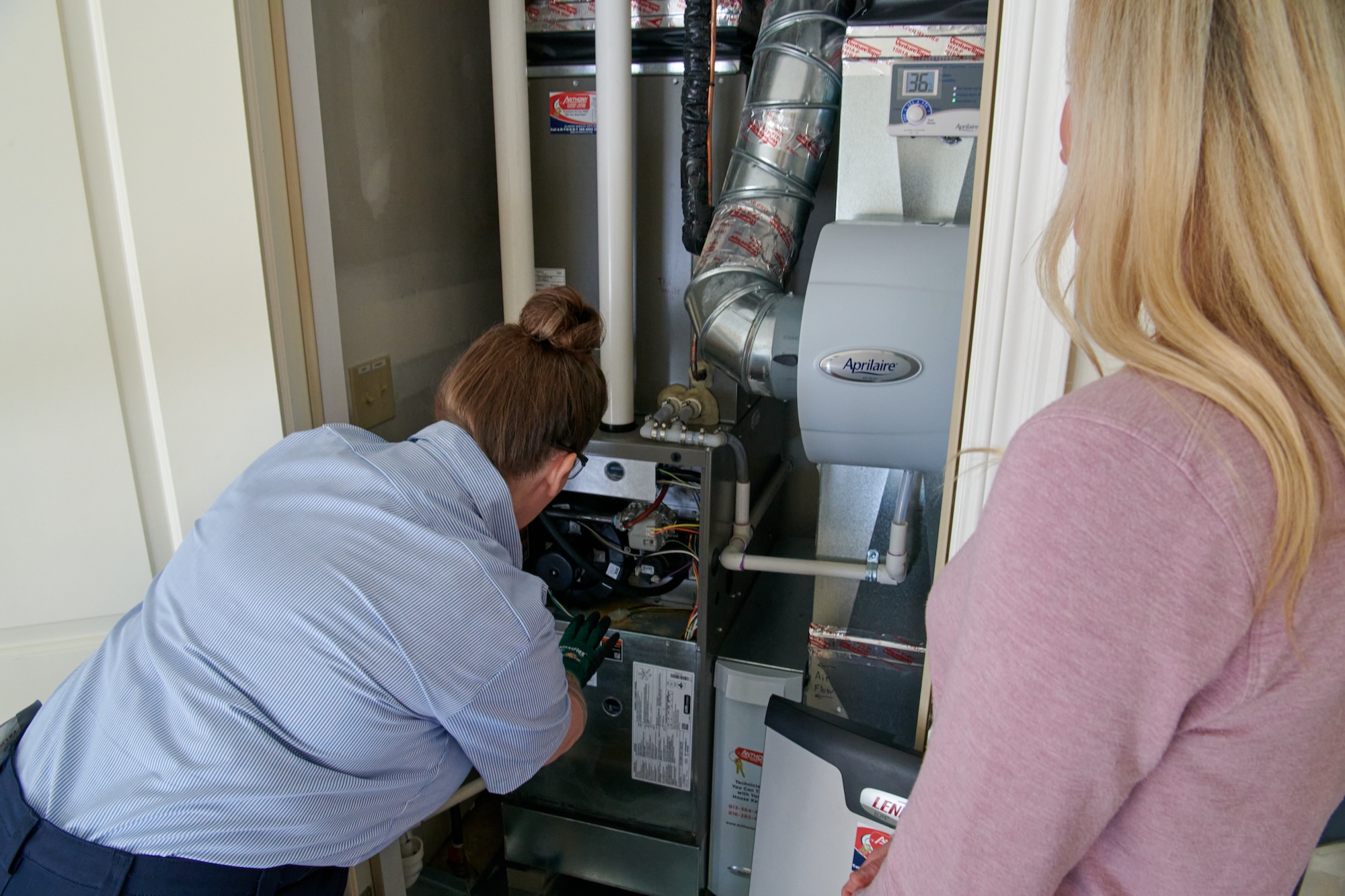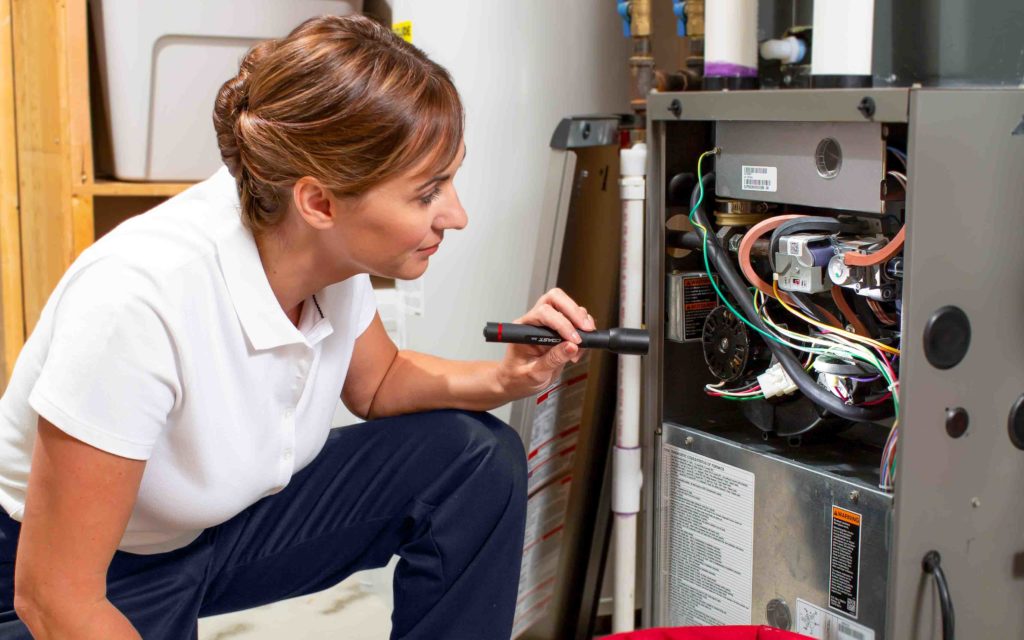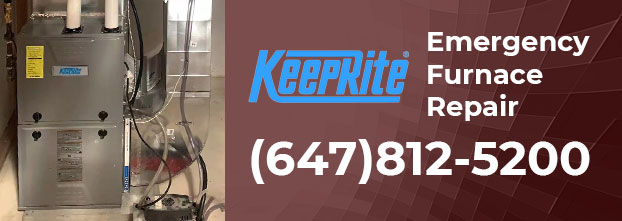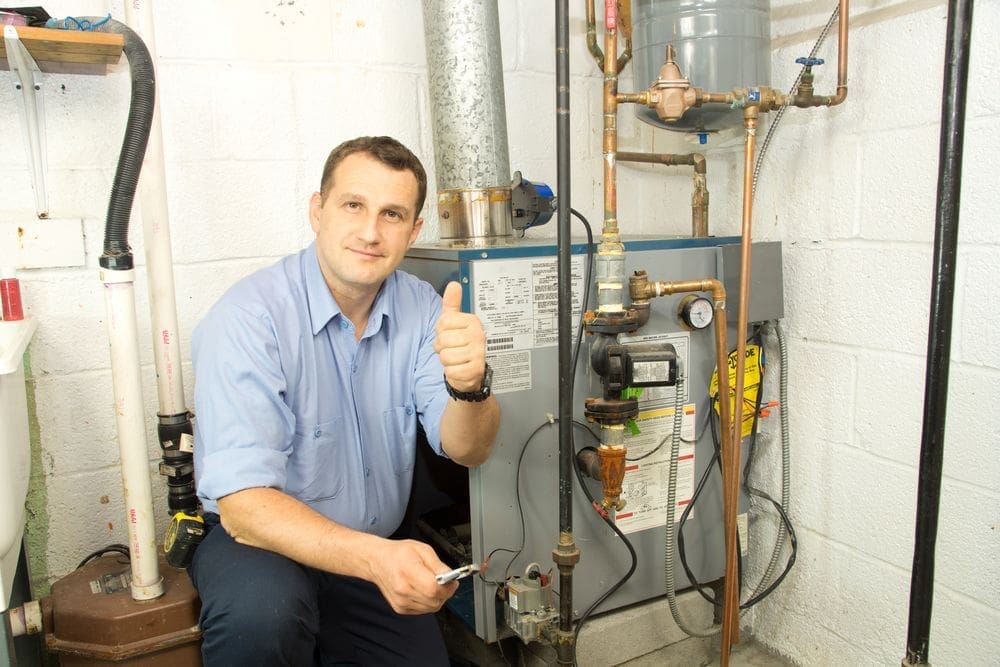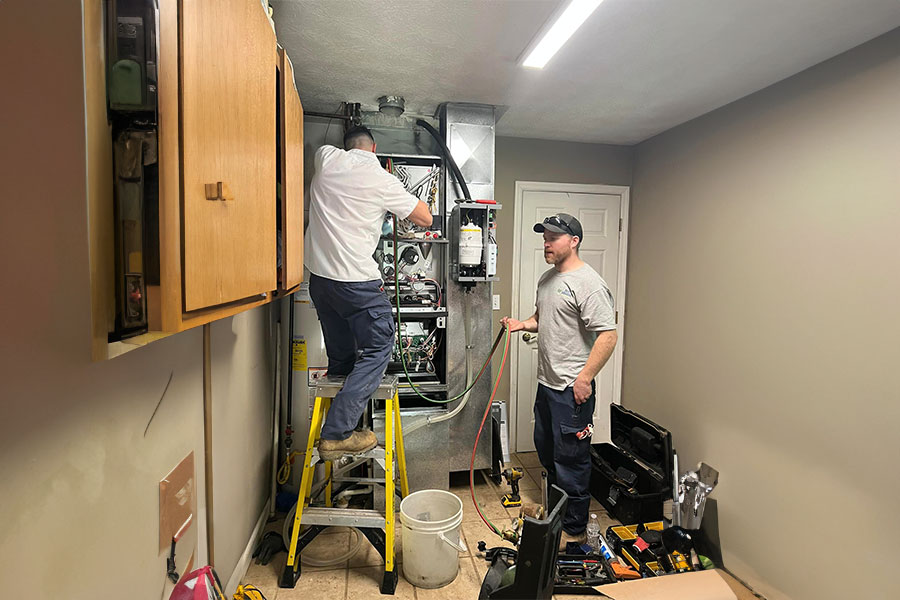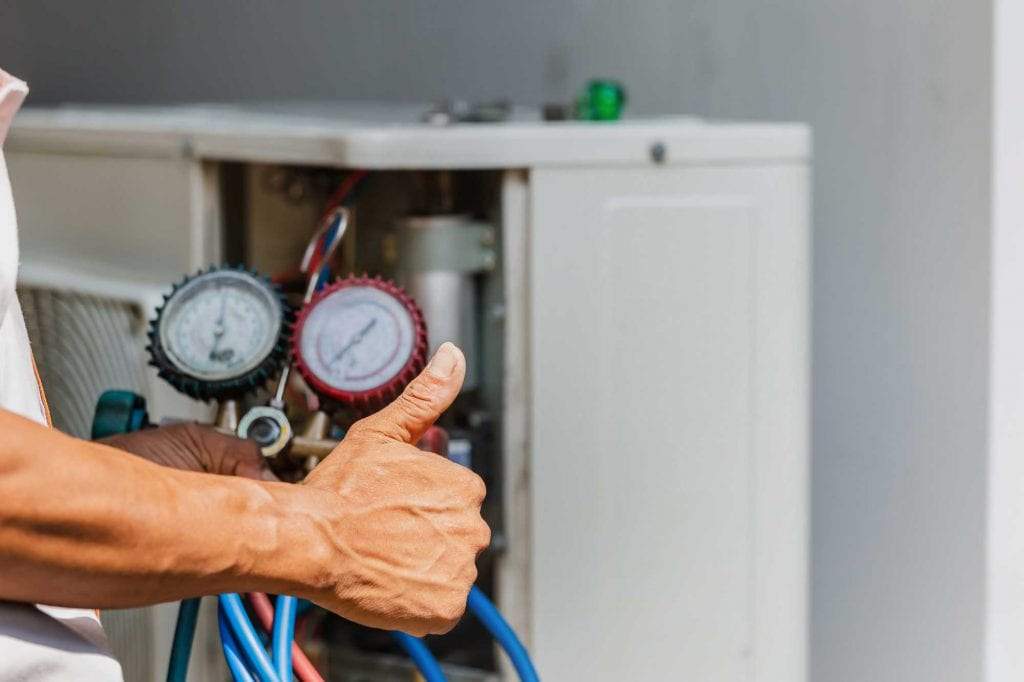24 Hour Emergency Furnace Repair Near Me

Is Your Furnace Failing? Finding 24-Hour Emergency Furnace Repair
When winter's chill sets in, a malfunctioning furnace can quickly turn into a crisis. Understanding the signs of a furnace emergency and knowing how to find reliable 24-hour emergency furnace repair near me is crucial for keeping your home safe and comfortable.
Recognizing a Furnace Emergency
Not every furnace problem requires immediate attention. However, some issues demand a prompt response. Here are a few telltale signs of a furnace emergency:
- No Heat: If your furnace isn't producing any heat at all, especially during extremely cold weather, it's an emergency. This can lead to frozen pipes and potential health hazards.
- Gas Leak: The smell of natural gas (often described as a rotten egg odor) is a serious emergency. Evacuate your home immediately and call your gas company and a qualified HVAC technician from a safe location.
- Carbon Monoxide Alarm: A carbon monoxide (CO) alarm sounding is a life-threatening emergency. Evacuate immediately and call 911 and your local fire department. Then, call a professional HVAC technician to inspect your furnace.
- Loud or Unusual Noises: Banging, grinding, or screeching sounds coming from your furnace can indicate a major mechanical problem that could lead to a complete breakdown or a safety hazard.
- Visible Smoke or Fire: Any sign of smoke or fire coming from your furnace is an immediate emergency. Turn off the power to the furnace at the breaker and call 911.
First Steps: DIY Troubleshooting Before Calling for Help
Before you call for emergency furnace repair, there are a few simple troubleshooting steps you can take that might resolve the issue. However, remember that safety is paramount. If you're uncomfortable performing any of these steps, or if you suspect a gas leak or carbon monoxide issue, call a professional immediately.
- Check the Thermostat: Ensure your thermostat is set to "heat" and the temperature is set higher than the current room temperature. Also, check the batteries in your thermostat.
- Check the Power Switch: Locate the power switch for your furnace (usually on the side of the unit or on a nearby wall) and make sure it's turned on.
- Check the Circuit Breaker: Go to your electrical panel and check the circuit breaker for the furnace. If it's tripped, reset it. If it trips again immediately, don't reset it again and call a professional.
- Check the Air Filter: A dirty air filter can restrict airflow and cause the furnace to overheat and shut down. Replace the air filter with a clean one.
- Check the Gas Valve: Ensure the gas valve to the furnace is in the "on" position.
Finding Reliable 24-Hour Emergency Furnace Repair Services
When your furnace breaks down in the middle of the night, finding a trustworthy 24-hour furnace repair service is essential. Here’s what to consider:
- Online Search: Use search engines like Google or Bing and search for "24-hour emergency furnace repair near me."
- Check Online Reviews: Look for companies with positive reviews and high ratings on platforms like Google, Yelp, and Angie's List. Pay attention to customer feedback regarding response time, professionalism, and quality of work.
- Verify Licensing and Insurance: Ensure the HVAC company is properly licensed and insured to operate in your area. This protects you from liability in case of accidents or damage.
- Ask for Referrals: Ask friends, family, neighbors, or colleagues for recommendations.
- Emergency Fees and Pricing: Clarify the emergency service fees and get an estimate of the repair costs before the technician arrives. Be aware that emergency services typically have higher rates than regular appointments.
- Confirm Availability: Double-check that the company offers true 24/7 emergency service. Some companies may advertise 24-hour service but have limited availability during off-peak hours.
Common Furnace Problems Requiring Professional Repair
While some minor issues can be resolved with DIY troubleshooting, most furnace problems require the expertise of a qualified HVAC technician. Here are some common furnace problems that necessitate professional repair:
- Ignition Problems: Issues with the igniter or pilot light can prevent the furnace from starting.
- Flame Sensor Problems: A faulty flame sensor can cause the furnace to shut down shortly after starting.
- Blower Motor Problems: A malfunctioning blower motor can prevent warm air from circulating throughout your home.
- Heat Exchanger Problems: A cracked heat exchanger is a serious safety hazard that can leak carbon monoxide into your home.
- Gas Valve Problems: A faulty gas valve can cause the furnace to malfunction or leak gas.
- Control Board Problems: A malfunctioning control board can disrupt the furnace's operation.
Understanding Emergency Furnace Repair Costs
The cost of emergency furnace repair can vary depending on the following factors:
- Type of Repair: Simple repairs, such as replacing a flame sensor or igniter, will typically cost less than more complex repairs, such as replacing a blower motor or heat exchanger.
- Time of Day: Emergency service calls during nights, weekends, or holidays often have higher rates than regular business hours.
- Location: Labor costs can vary depending on your geographic location.
- Parts: The cost of replacement parts can vary depending on the make and model of your furnace.
Here's a general estimate of emergency furnace repair costs:
- Service Call Fee: $75 - $200 (This is the fee just for the technician to come to your home and diagnose the problem.)
- Simple Repairs (e.g., replacing a flame sensor, igniter): $150 - $400
- Moderate Repairs (e.g., replacing a blower motor, gas valve): $400 - $1000
- Major Repairs (e.g., replacing a heat exchanger, control board): $1000 - $3000+
Important Note: These are just estimates. It's always best to get a detailed quote from a qualified HVAC technician before authorizing any repairs.
Preventive Maintenance: Avoiding Furnace Emergencies
The best way to avoid emergency furnace repairs is to schedule regular preventive maintenance. A qualified HVAC technician can inspect your furnace, clean its components, and identify potential problems before they escalate into emergencies.
Here are some preventive maintenance tasks you can perform yourself:
- Replace the Air Filter Regularly: Change your air filter every 1-3 months, or more often if you have pets or allergies.
- Keep the Area Around the Furnace Clear: Ensure there's no clutter or debris around the furnace that could restrict airflow or pose a fire hazard.
- Inspect the Furnace for Visible Damage: Look for any signs of rust, corrosion, or leaks.
- Test Your Carbon Monoxide Detectors: Make sure your carbon monoxide detectors are working properly and have fresh batteries.
Recommended Professional Maintenance: Schedule a professional furnace tune-up at least once a year, preferably in the fall before the heating season begins.
DIY Furnace Repair: When to Proceed and When to Call a Pro
Some minor furnace repairs can be safely performed by homeowners with basic DIY skills. However, it's crucial to understand your limitations and know when to call a professional.
DIY-Friendly Tasks:
- Replacing the air filter
- Resetting the circuit breaker
- Replacing the thermostat batteries
- Cleaning the flame sensor (with proper instructions and caution)
Tasks Requiring a Professional:
- Any work involving gas lines
- Replacing a blower motor
- Replacing a heat exchanger
- Working with electrical components
- Diagnosing complex problems
Safety First: Always turn off the power to the furnace at the breaker before performing any repairs. If you're unsure about any aspect of the repair, call a qualified HVAC technician.
Tools You Might Need for Basic Furnace Maintenance
- Screwdrivers (Phillips and flathead)
- Wrench set
- Multimeter (for electrical testing, use with caution)
- Vacuum cleaner
- Air filter
- Flashlight
- Work gloves
- Safety glasses
Parts You Might Need for Basic Furnace Maintenance
- Air filter (correct size for your furnace)
- Flame sensor (if you're comfortable replacing it)
- Igniter (if you're comfortable replacing it)
- Thermostat batteries
By understanding the potential signs of a furnace emergency, knowing how to troubleshoot basic issues, and finding a reliable 24-hour emergency furnace repair near me service, you can ensure your home stays warm and safe throughout the winter. Remember to prioritize safety and call a professional when in doubt. Regular maintenance is key to preventing costly repairs and extending the life of your furnace.
